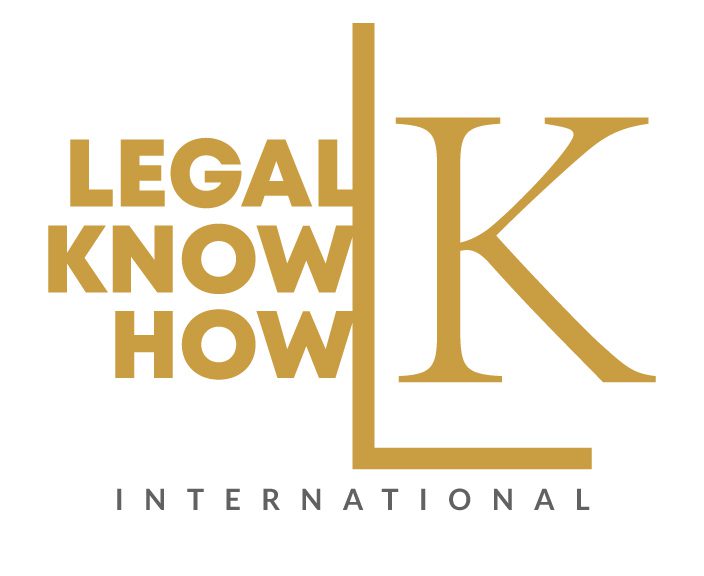
When operating a business in Thailand, understanding local tax obligations is essential particularly when it comes to Withholding Tax (WHT). Many business owners, especially foreign entrepreneurs, are often surprised to learn that Thai companies must deduct and remit tax on behalf of the service providers they pay. But why is this necessary?
This article provides a comprehensive overview of WHT, including its purpose, application, and compliance requirements ensuring you stay one step ahead in managing your company’s financial responsibilities.
What is Withholding Tax
Withholding Tax is a prepaid income tax deducted at the source. When a company pays another business or individual for specific services, a portion of that payment is withheld and remitted to the Thai Revenue Department on the recipient’s behalf.
Rather than waiting until the end of the year to collect corporate or personal income tax, the government secures this revenue in advance, promoting timely collection and greater transparency.
When is Withholding Tax Required?
WHT applies to payments for certain types of services. It is not imposed on all transactions, but is mandatory in the following cases:
| Transaction | Withholding Rate | Recipient Type |
| Professional Services | 3% | Thai companies or individuals |
| Rent | 5% | Thai companies or landlords |
| Transport (Non-VAT) | 1% | Thai transport providers |
| Dividends | 10% | Thai shareholders |
| Royalties | 5% or 10% | Thai companies |
| Interest (to foreigners) | 15% | Foreign entities |
| Royalties (to foreigners) | 15% (DTA may reduce) | Foreign entities |
Example:
If Company A engages Company B for legal consulting services valued at THB 100,000, Company A is required to withhold 3% (THB 3,000) as withholding tax. As a result, Company A will pay THB 97,000 to Company B and remit the THB 3,000 directly to the Revenue Department. Company B can later use this withheld amount as a tax credit when filing its annual corporate income tax return.
Required Tax Forms
To comply with WHT regulations, companies must file specific forms based on the type of recipient:
- P.N.D. 53: For payments made to Thai companies
- P.N.D. 3: For payments made to Thai individuals or freelancers
- P.N.D. 54: For payments made to foreign companies (cross-border transactions)
These forms must be filed monthly, no later than the 7th day of the following month. Failure to submit these on time can result in fines, surcharges, or even audits.
Why the Thai Government Uses WHT
The Withholding Tax system is designed to:
- Ensure early tax collection: Reducing dependency on annual filings.
- Promote accurate reporting: Encouraging both payer and recipient to declare income truthfully.
- Improve compliance monitoring: Creating a verifiable audit trail.
By deducting tax at the point of payment, the Revenue Department minimizes the risk of underreporting and ensures that the recipient’s income is traceable.
What Happens to the Withheld Amount
The company that receives the payment does not lose the withheld amount. Instead, it is treated as a prepaid tax and can be offset against its annual tax liability. This is declared in the company’s P.N.D. 50 (corporate income tax return).
If the company overpays through withholding, it may be eligible for a tax refund or can carry forward the credit.
The Importance of Professional Accounting Support
Thailand’s tax system involves multiple monthly obligations, including:
- Withholding Tax filings (P.N.D. 3, 53, 54)
- Value-Added Tax (VAT) returns (P.P.30)
- Social Security contributions
- Semi-annual and annual corporate income tax returns
Penalties for non-compliance can include:
- Late filing fines (THB 2,000–10,000 per return)
- Surcharges of 1.5% per month on unpaid tax
- Increased likelihood of audits
Hiring a licensed accountant or accounting firm ensures:
- Correct WHT rates and calculations
- Timely and accurate submissions
- Proper recordkeeping for annual audits
- Compliance with both Thai and international tax treaties
For Foreign-Owned Businesses
If your company makes payments to overseas service providers or licensors, WHT still applies under P.N.D. 54. However, Thailand has signed Double Taxation Agreements (DTAs) with over 60 countries, which may reduce the WHT rate depending on the recipient’s residency and the nature of payment.
Common reduced rates under DTA treaties:
- Royalties: Reduced from 15% to 5%–10%
- Interest: Reduced from 15% to 10% or lower
Consult your accountant or legal advisor to structure cross-border payments efficiently and avoid unnecessary tax leakage.
Key Takeaways
- Withholding Tax is a mandatory system in Thailand for services such as consulting, rent, transport, and cross-border payments.
- Companies must file the appropriate forms monthly, using P.N.D. 3, 53, or 54 depending on the recipient.
- The withheld tax is not an additional cost—it is a prepaid tax credit for the recipient.
- Engaging an experienced accountant helps ensure full compliance, avoid penalties, and optimize your tax position.
